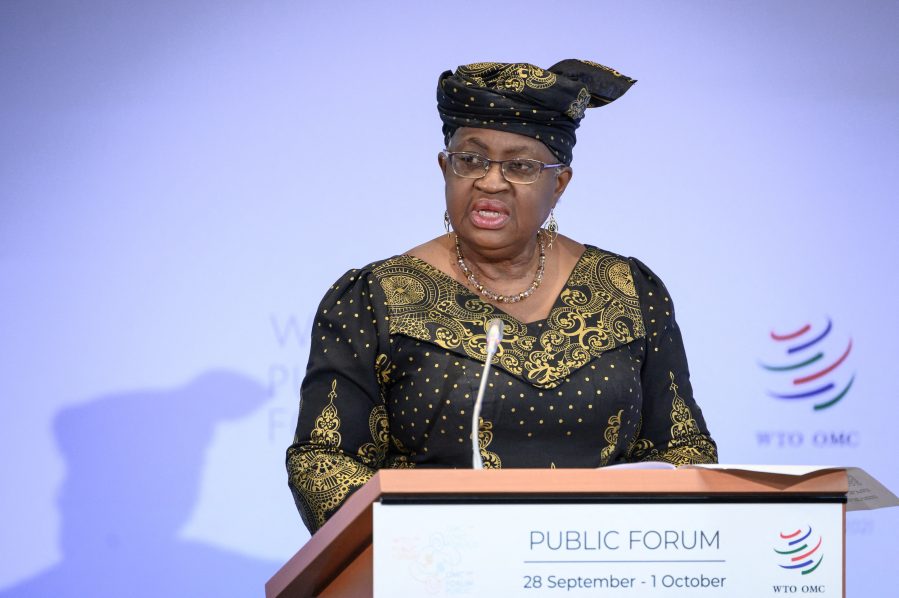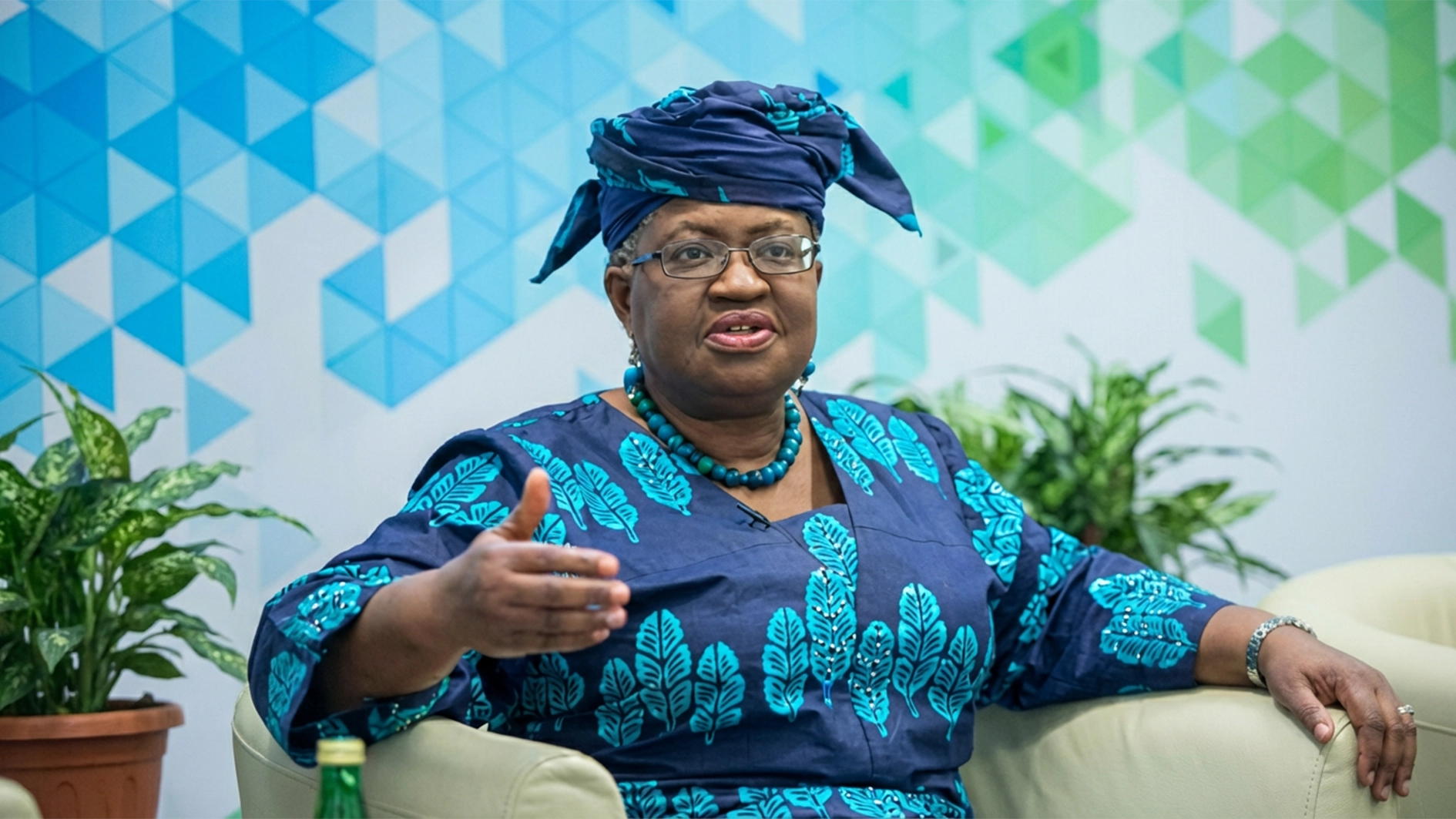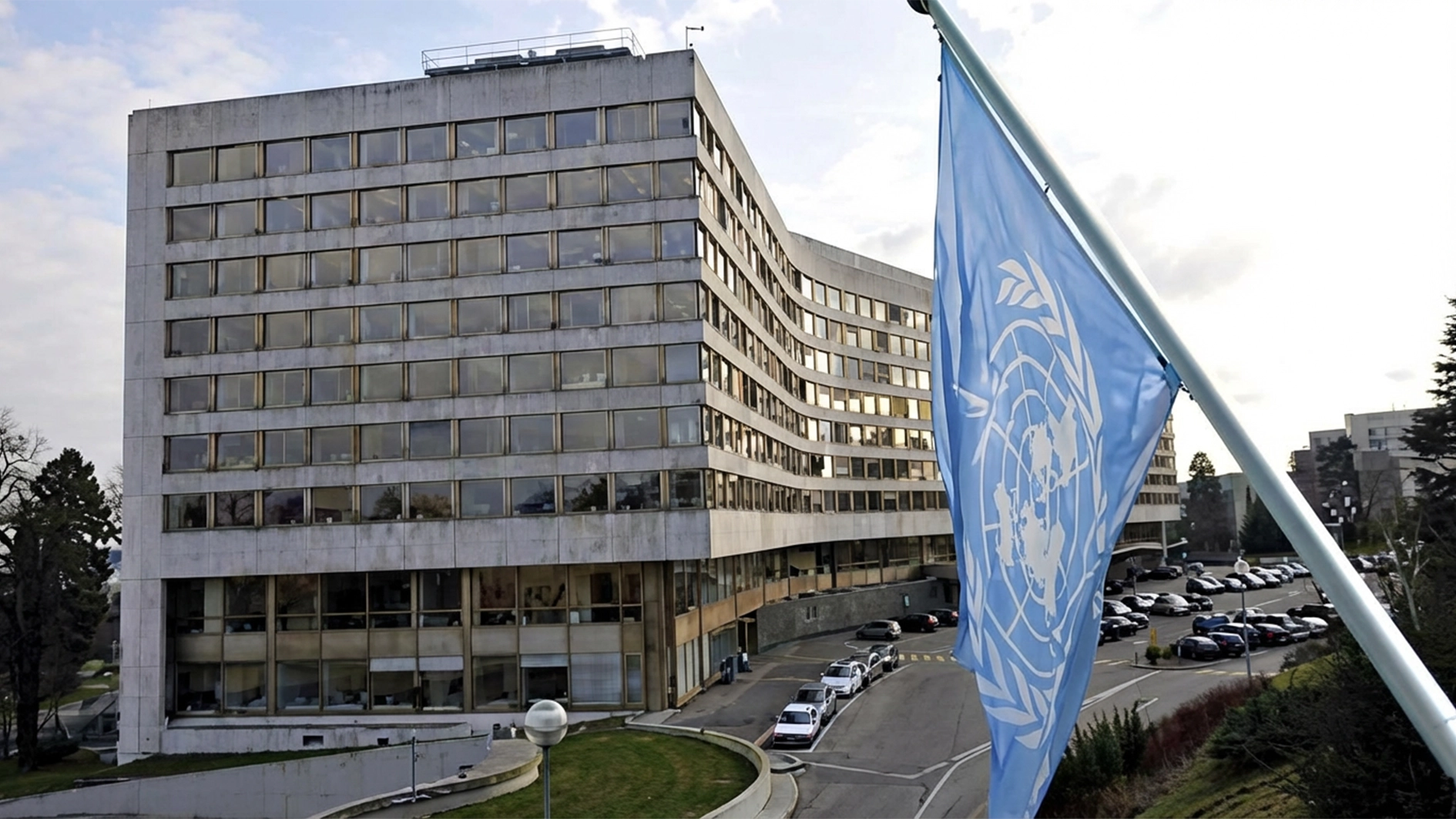
The Director-General of the World Trade Organisation (WTO), Dr Ngozi Okonjo-Iweala, said there is an urgent need for Nigeria to embark on reforms in customs practices aimed at improving trade flow and reducing delays at the country’s ports.
Okonjo-Iweala added that the country has an unusually high cargo inspection rate.
Speaking virtually at the Nigeria Customs Service’s (NCS) Comptroller-General’s conference recently, she highlighted the need to balance security and efficiency, pointing out that 90 per cent of Nigerian shipments are still inspected manually, compared to less than one per cent in developed economies. She argued that Nigeria’s reliance on physical inspections hampers port efficiency slows trade, and adds unnecessary costs to businesses.
She urged the NCS to shift towards risk-based screening methods that would focus only on high-risk shipments, allowing the majority of cargo to pass through quickly. This approach, she noted, could help create a trade environment that better aligns with international standards.
“Progress in Nigeria’s customs efficiency hinges on adopting advanced risk management and minimising excessive inspections,” she said. She noted that this change should be part of a broader strategy to improve compliance by setting clear regulations and reliable penalties for violations, fostering consistency in customs procedures.
Similarly, the Trade Policy Review organ of the WTO also expressed concerns over the high rate of physical inspection of containers at the ports, urging a review of customs procedures to promote timely and cost-effective practices. They added that import prohibitions on a wide array of agricultural products, coupled with high tariffs and additional levies, will worsen food insecurity, cause higher food price inflation, and negatively affect private-sector investments in the agricultural sector.
They also expressed concerns over the high number of outstanding notifications by Nigeria, including anti-dumping, agriculture, subsidies, state trading enterprises, quantitative restrictions, and import licensing.
These were part of the submissions made by WTO members during the just-ended sixth Trade Policy Review of the WTO. Nigeria had earlier this month submitted a review petition of its trading policies to the global trade body.
Ambassador of Nigeria to WTO, Adamu Abdulhamid, who doubles as chair of the WTO Trade Policy Review Body for 2024/2025, explained that the review provided Nigeria with the opportunity to understand and discuss the country’s trade policy developments since its previous review in 2017.
The Nigerian delegation said they would address the outstanding notifications and make use of technical assistance provided by the WTO secretariat.






